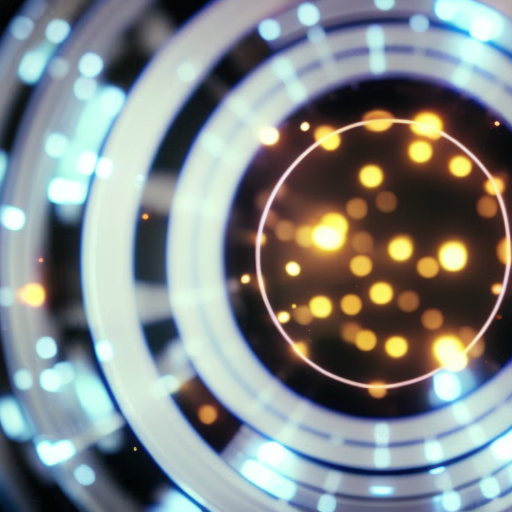Synthetic Biology: A Revolution in Biotechnology
Synthetic biology is an interdisciplinary field that combines biology, engineering, and computer science to design and construct new biological parts, devices, and systems. It aims to create artificial biological systems that can perform specific functions, similar to how engineers design and build machines. By manipulating DNA and other biological molecules, synthetic biologists can create new organisms with novel capabilities, such as producing biofuels, synthesizing drugs, or even detecting and treating diseases.
The Origins and Goals of Synthetic Biology
The field of synthetic biology emerged in the early 2000s, building upon advances in molecular biology, genetics, and biotechnology. Its main goal is to engineer biological systems with predictable and controllable behaviors. Traditional genetic engineering involves modifying existing organisms by adding or removing specific genes. In contrast, synthetic biology takes a more systematic approach by designing and constructing biological systems from scratch.
Key Techniques and Tools in Synthetic Biology
Synthetic biology relies on several key techniques and tools to manipulate and engineer biological systems. These include DNA synthesis, DNA sequencing, genetic circuits, and genome editing. DNA synthesis allows scientists to create custom DNA sequences, which can be used to design and build new genes, pathways, and organisms. DNA sequencing, on the other hand, enables researchers to read and analyze the genetic information encoded in DNA.
Genetic circuits are another important tool in synthetic biology. They are designed to control the behavior of cells by regulating the expression of specific genes. These circuits can be engineered to respond to specific inputs, such as chemicals or light, and produce desired outputs, such as the production of a specific protein or the activation of a specific biological process.
Genome editing techniques, such as CRISPR-Cas9, have revolutionized synthetic biology by allowing precise and efficient modifications of an organism’s DNA. CRISPR-Cas9 acts like a pair of molecular scissors, enabling scientists to cut and paste DNA sequences with unprecedented accuracy. This technique has opened up new possibilities for genetic engineering and has accelerated the pace of research in synthetic biology.
Applications of Synthetic Biology
Synthetic biology has a wide range of applications in various fields, including medicine, agriculture, energy, and environmental conservation. In medicine, synthetic biology offers the potential for developing new treatments and therapies. For example, researchers are exploring the use of synthetic biology to engineer immune cells that can target and destroy cancer cells more effectively.
In agriculture, synthetic biology can help improve crop yields, enhance resistance to pests and diseases, and reduce the environmental impact of farming. By engineering plants to produce their own fertilizers or resist drought, synthetic biologists aim to create more sustainable and resilient agricultural systems.
In the energy sector, synthetic biology holds promise for the production of biofuels and other renewable energy sources. By engineering microorganisms to convert plant biomass into fuels, synthetic biologists aim to develop more efficient and environmentally friendly alternatives to fossil fuels.
Synthetic biology also has applications in environmental conservation. Scientists are exploring the use of synthetic biology to develop new methods for cleaning up pollution, such as using engineered microorganisms to break down toxic chemicals or absorb heavy metals from contaminated soil and water.
Ethical and Societal Implications
As with any emerging technology, synthetic biology raises ethical and societal concerns. The deliberate creation of new organisms and the potential for unintended consequences raise questions about safety, environmental impact, and the potential misuse of synthetic biology. It is crucial for scientists, policymakers, and the public to engage in discussions and debates to ensure responsible and ethical practices in the field.
In conclusion, synthetic biology represents a revolution in biotechnology, offering the potential to engineer biological systems with unprecedented precision and control. By combining biology, engineering, and computer science, synthetic biologists are paving the way for new applications in medicine, agriculture, energy, and environmental conservation. However, careful consideration of the ethical and societal implications is essential to ensure the responsible development and use of synthetic biology.












